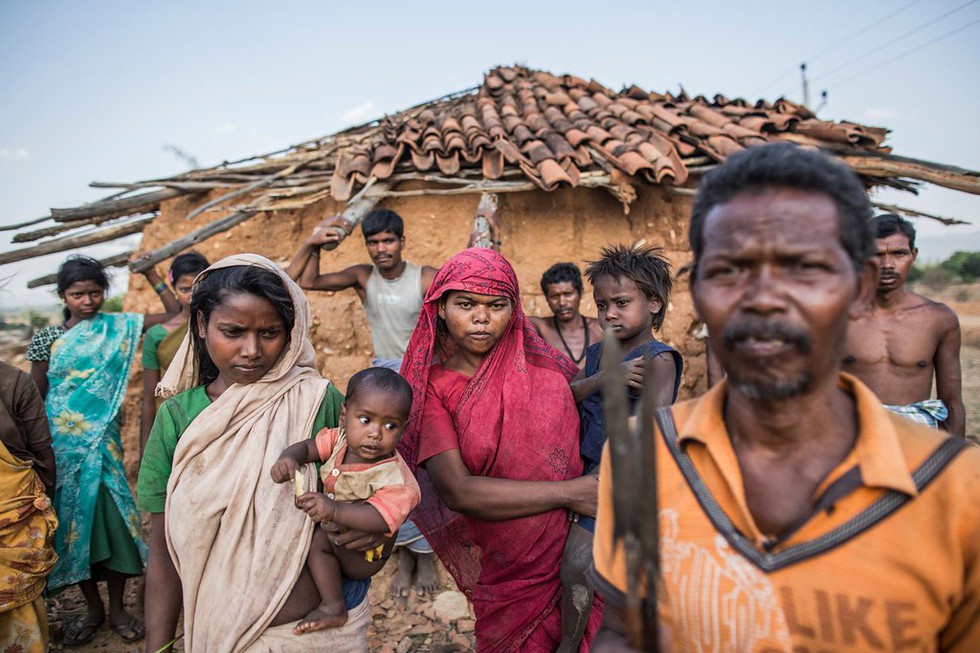About Pahadi Korwa Tribe:
- It is a Particularly Vulnerable Tribal Group (PVTG) of Chhattisgarh.
- They belong to the Chhota Nagpur area of Central India.
- They are primarily found in Korba and Jashpur districts of Chhattisgarh.
- A small population lives in Jharkhand and Uttar Pradesh.
- Language:
- The mother tongue of Korwa people is the Korwa language. Alternative names for this language include Ernga and Singli.
- Korwa people call their language their Bhashi, which means local language.
- This language belongs to the Munda branch of the Austroasiatic language family.
- Korwa people also speak Sadri and Chhattisgarhi as their second language.
- Economy:
- They largely depend on small-scale farming, fishing, hunting, and foraging forest produce.
- They mainly practice a form of subsistence agriculture called jhoonga kheti. This agricultural technique includes clearing of the forest in order to harvest lentils and other crops.
- Most of the families of Pahadi Korwa follow the nuclear family structure.
- This tribe lives away from modernity by building houses near the forests with very limited resources.
- But when any member of their family dies in their house. Then they abandon that house and migrate from there to some other place and build home again.
- The Korwa tribe has its own panchayat. Justice is administered to lawbreakers in a group meeting, in accordance with societal conventions.
- Religion:
- The religious practices are restricted to ancestral worship and to the worship of a handful of gods and deities.
- The significant gods are Sigri Dev, Gauria Dev, Mahadev or Lord Shiva, and Parvati. Khudia Rani is the supreme god of this community.
Key Facts about Pradhan Mantri Janjati Adivasi Nyaya Maha Abhiyan (PM JANMAN):
- It aims to improve the socio-economic status of PVTGs by bridging gaps in health, education and livelihoods; by improving basic infrastructure in Particularly Vulnerable Tribal Group (PVTG) communities, habitations and families aligning with existing schemes of Nine Ministries/Departments.
- PM-JANMAN focuses on 11 critical interventions for PVTGs.
- The scheme aims to provide crucial interventions such as permanent housing, road connectivity, piped water supply, mobile medical units, hostel construction, ‘Anganwadi’ facilities and skill development centres etc.
- Other than the 11 critical interventions, the following interventions of other ministries will be part of the Mission:
- The Ministry of Ayush will set up an Ayush Wellness Centre as per existing norms, and Ayush facilities will be extended to PVTG habitations through Mobile Medical Units.
- The Ministry of Skill Development and Entrepreneurship will facilitate skill and vocational training in PVTG habitations, multipurpose centres and hostels as per the suitable skills of these communities.
- The total outlay for the PM-JANMAN has been pegged at Rs 24,104 crore, of which the central share will be Rs 15,336 crore and the states will contribute Rs 8,768 crore.
